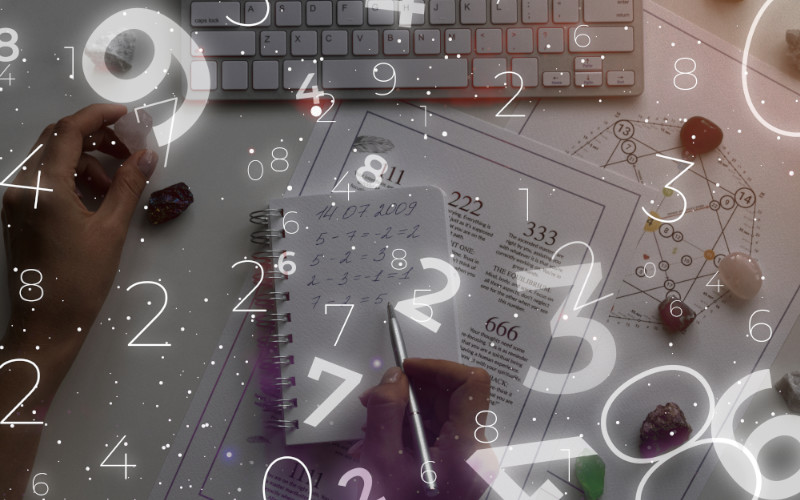VERBAL / LINGUISTIC
Linguistic Intelligence

Linguistic Intelligence allows individuals to communicate and make sense of the world through language. Those with a keen sensitivity to language in its spoken and/or written forms might demonstrate this strength as poets, writers, lawyers, and public speakers. Linguistic Intelligence is highly valued and rewarded in schools.
Strong ability in speech and writing
Accurate description of events
Skillful in using language to evoke emotions and persuade others
Proficiency in language, phonetics, semantics, and applied language study
VISUAL / SPATIAL
Visual-Spatial Intelligence

The ability to deal with space and distance - the way a sailor or aeroplane pilot navigates the large spatial world, or a chess player or sculptor.
Accurate perception of visual space Accurate description of events
Strong spatial memory
Enjoyment of mazes and visual puzzles
Interest in visual media
Advanced drawing skills
Sensitivity to visual relationships
Clear understanding of spatial concepts
Good sense of direction
MUSICAL / RHYTHMIC
Musical Intelligence

The capacity to think in music; to be able to hear patterns, recognize them, and perhaps manipulate them. People who have strong musical intelligence don’t just remember music easily, they can’t get it out of their minds, it’s so omnipresent.
Expressing through music Sensitivity to rhythm, tune, pitch, and melody
Skill in singing or playing instruments
Accurate pitch differentiation and rhythm sensitivity
Thinking through melody and rhythm
Working or humming while engaged
Quick learning and reproduction of songs
Ideal learning environment: Music instruments, recordings, seminars, concerts
INTERPERSONAL / SOCIAL
Interpersonal Intelligence

This area has to do with interaction with others. People in this category are usually extroverts and are characterized by their sensitivity to others’ moods, feelings, ter paraments and motivations and their ability to cooperate in order to work as a part of group. They communicate effectively and empathize easily with others and may be either leaders or followers. They typically learn best by working with others and often enjoy discussions and debates.
Expressing through music Sensitivity to rhythm, tune, pitch, and melody
Skill in singing or playing instruments
Accurate pitch differentiation and rhythm sensitivity
Thinking through melody and rhythm
Working or humming while engaged
Quick learning and reproduction of songs
Ideal learning environment: Music instruments, recordings, seminars, concerts
LOGICAL / MATHEMATICAL
Logical-Mathematical Intelligence

Logical-mathematical Intelligence enables individuals to use, appreciate, and analyse abstract relationships. In Western culture, this capacity is often harnessed in mathematical reasoning and scientific investigations. Mathematicians, scientists, and engineers deploy this intelligence at high levels. Like linguistic intelligence, logical-mathematical intelligence is emphasised in schools.
Strong ability in using numbers and reasoning
High sensitivity to numbers in academic and daily life
Proficiency in mathematical reasoning and scientific investigation
Commonly utilized by mathematicians, scientists, and engineers
BODY / KINAESTHETIC
Kinaesthetic Intelligence

The capacity to use your whole body or parts of your body (hands, fingers, arms) to solve a problem, make something, or put on some kind of production. The most evident examples are people in athletics or the performing arts, particularly dancing or acting.
Expressive physical movements
Hands-on creativity
Physical proficiency
Restlessness when inactive
Thrill-seeking and active lifestyle
Enjoyment of tactile experiences
Coordination and physical connection Imitative abilities
INTRA PERSONAL / INTROSPECTIVE
Intra-Personal Intelligence

To understand and know oneself, knowing who you are, what you can do, what you want to do, how you react to things, which things to avoid, and which things to gravitate towards.
Self-awareness of abilities and interests
Goal-setting and self-understanding
Service-oriented mindset
Conceptual and theoretical thinking based on self-examination
Reflection on inner thoughts and feelings
Expression of personal views
NATURALIST
Naturalist Intelligence

The ability to discriminate among living things (plants, animal). This ability was clearly of value in our evolutionary past as hunters, gatherers, and farmers; it continues to be central in such roles as botanists or chef.
Differentiation and categorization of living things
Identification and classification of cars based on sound
Recognition









